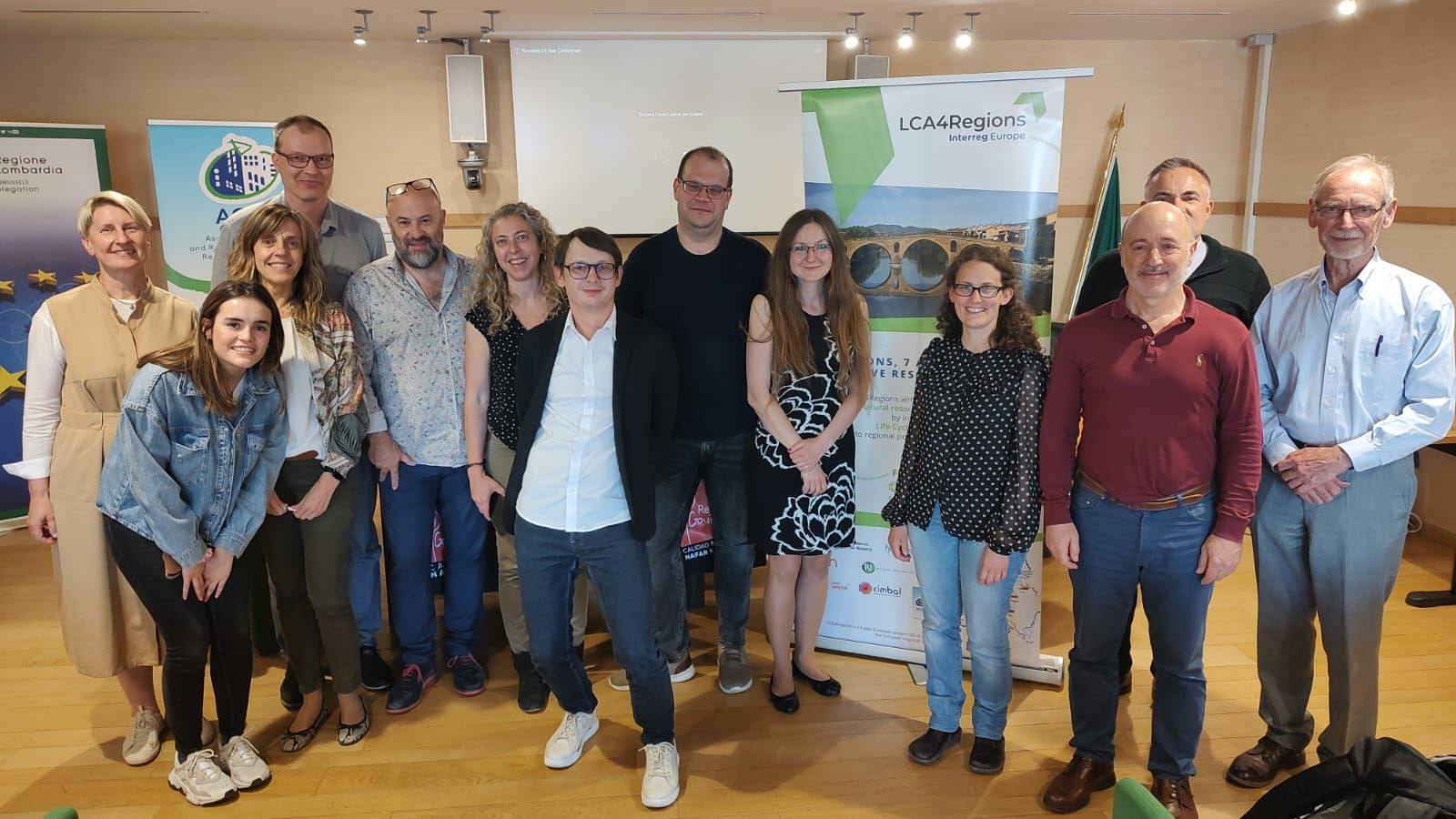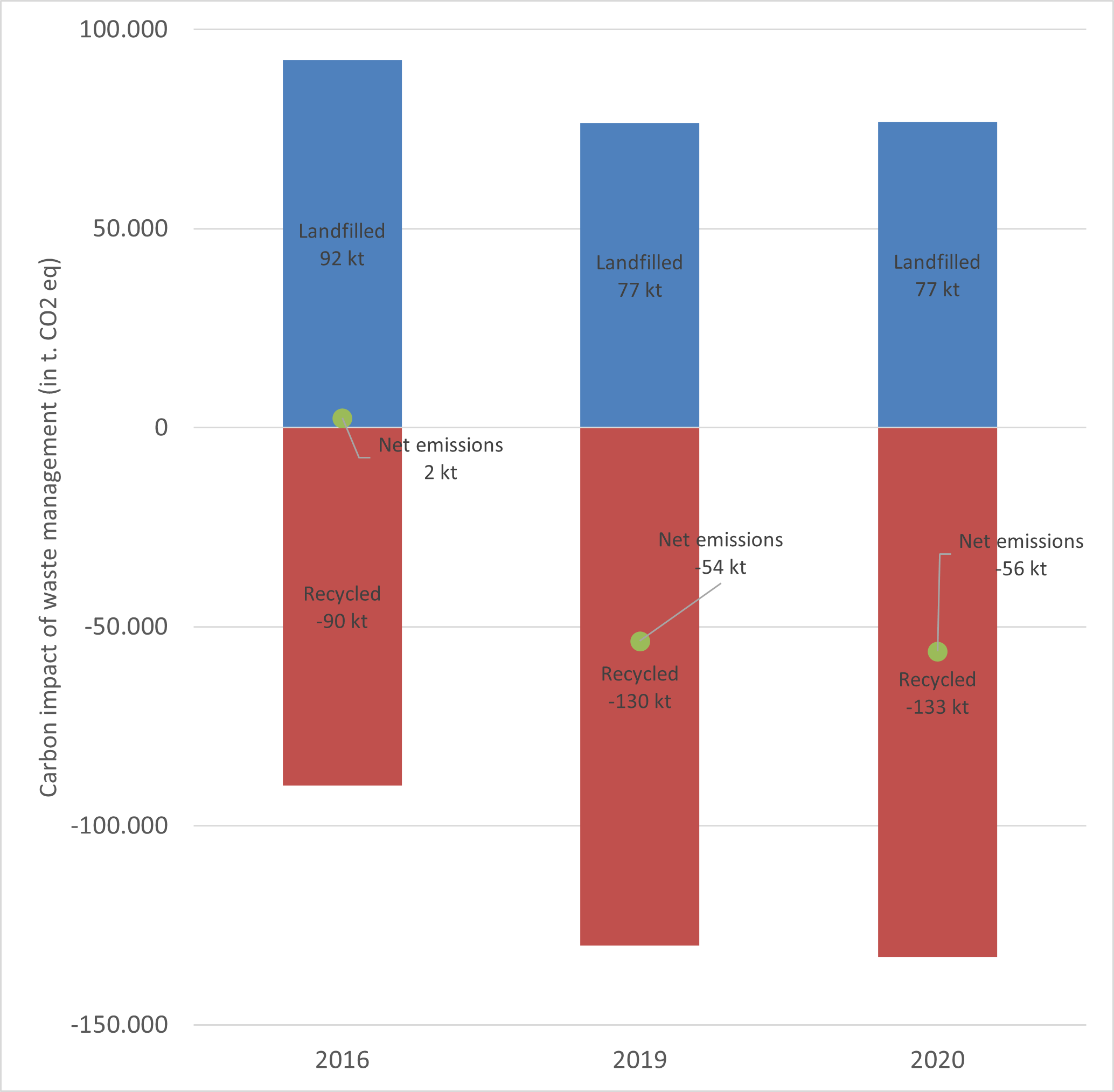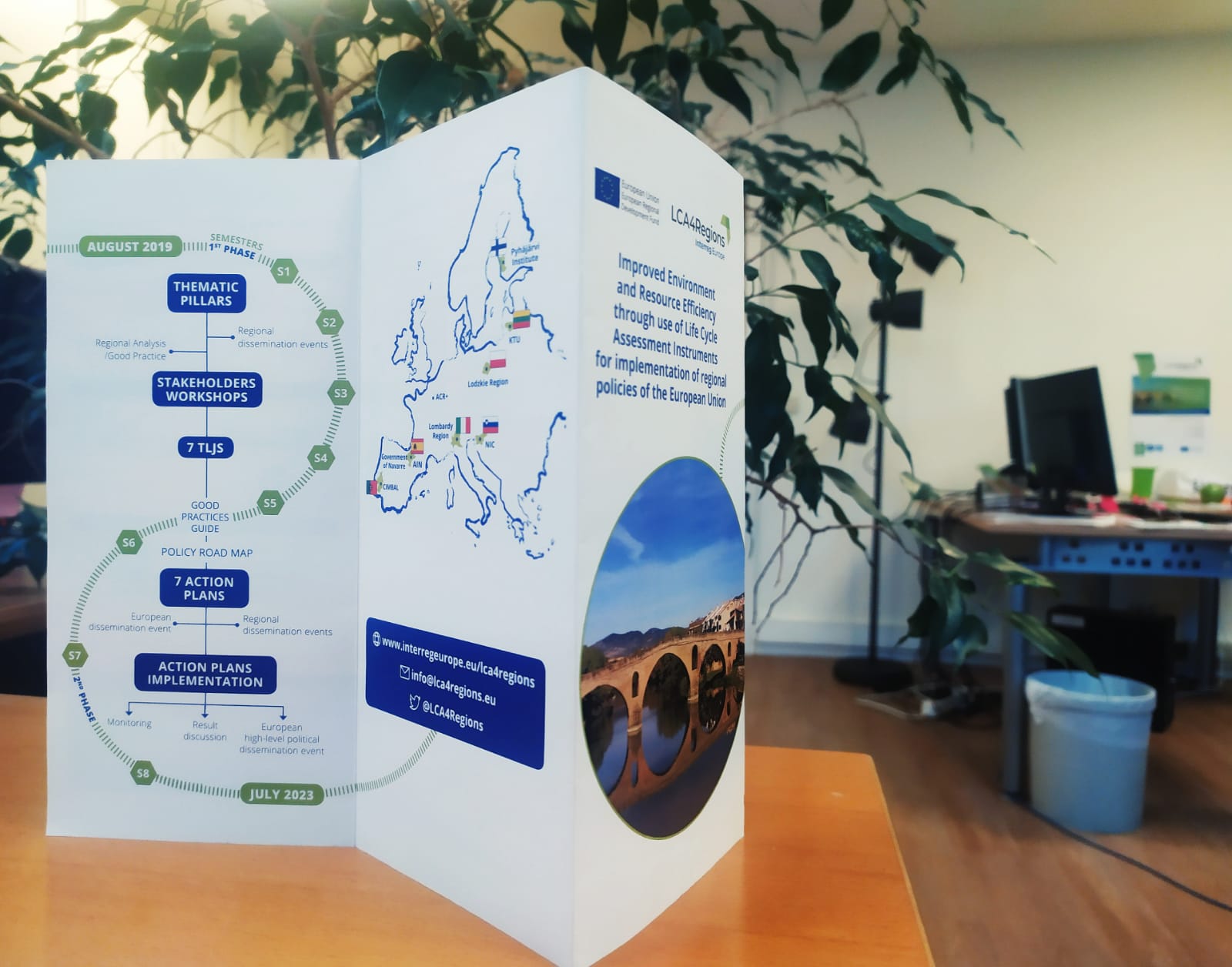Assoc. Prof. Tomasz Nitkiewicz
Częstochowa University of Technology (CUT) - Faculty of Management
He is a specialist in the field of sustainable development in the management of companies and life cycle approach to business efforts of environmental optimization. He is also the author of a habilitation monograph entitled. "Ecological Life Cycle Assessment in Decision-Making Processes of Manufacturing Enterprises". As the expert actively cooperating with the LCA4Regions project team, he agreed to an interview and a brief summary of the project's achievements and challenges.
In retrospect, how do you assess the project's cooperation and the co-organized event called Transnational Learning Journey, which you co-created together with our LCARegions team - do you see the need to continue the project?
From my perspective, the most important advantage of the project is the bringing together of stakeholders from different sectors and from different countries. The linking of the public sector with the business and scientific-research sectors provides an opportunity for mutual understanding, especially in terms of motivations and goals, constraints, needs, which can lead to a much more informed implementation of solutions for environmental impact assessments, especially in areas that will occur at the intersection of these sectors. The international context, on the other hand, allows for typical benchmarking and looking at ready-made solutions already in place, learning from others' mistakes and using different experiences to create our own path forward for these types of assessments. This is particularly important from the perspective of local government, which needs diverse instruments to mobilize other stakeholders.
Do methodologies like Life Cycle Assessment, Carbon Footprint have an impact on the university, its environment and R&D process, as well as pro-innovation activity?
It seems that environmental assessments and the methods used to conduct them, such as LCA or Carbon Footprint, will become increasingly important in every area of our socio-economic life, which will be particularly evident in those who are tasked with creating its course or assisting others in doing so. Universities and R&D units should lead the way in this regard, not only providing assistance in mastering the methodology but also applying it at home in setting strategic goals. An excellent example confirming such a commitment is the inclusion of environmental life cycle assessment competencies in most curricula at the Technical University of Lodz.
What are the practical challenges of these methodologies?The challenges are considerable. Particularly in the context of information hype, greenwashing practices and often differing external stakeholder pressures.This further raises the need to create centers of competence for objective environmental assessment, dissemination of its results and influence on decision-making.
How the post-pandemic period will shape the impact on the environment - whether the recovery of the economy will have an impact on strengthening the momentum of pro-environmental processes and transformations in our regions?
Unfortunately, the difficult post-pandemic situation is not conducive to increasing the role of environmental factors in strategic decision-making. The consequences of the coronavirus pandemic (masks, packaging) or the problems at a time of unpredictable dynamics of social and economic change - show that it is relatively easy to reduce or even negate the relevance of environmental issues in decision-making processes.
Capacity Building - a topic we co-created with experts during the Transnational Learning Journey - is it relevant to life cycle assessment of products and services?
Undoubtedly, projects involving capacity building and competence development, as exemplified by our project, can help to change mindsets and develop solid foundations for environmental policy and practice in municipalities, businesses and universities. This gives hope, above all, for the development of a strong bottom-up bias in support of pro-environmental decisions. If environmental concerns can be instilled at various levels and sectors, then we can be more confident about the future of our planet and the rationality of our decisions.
Many thanks for the interview and expert support during the LCA4Regions project!
Anyone interested in a broader treatment of this extremely interesting issue is encouraged to expand their knowledge by, among other things, reading the rebroadcast of the TLJ seminar and visit the LCA4Regions Website.










